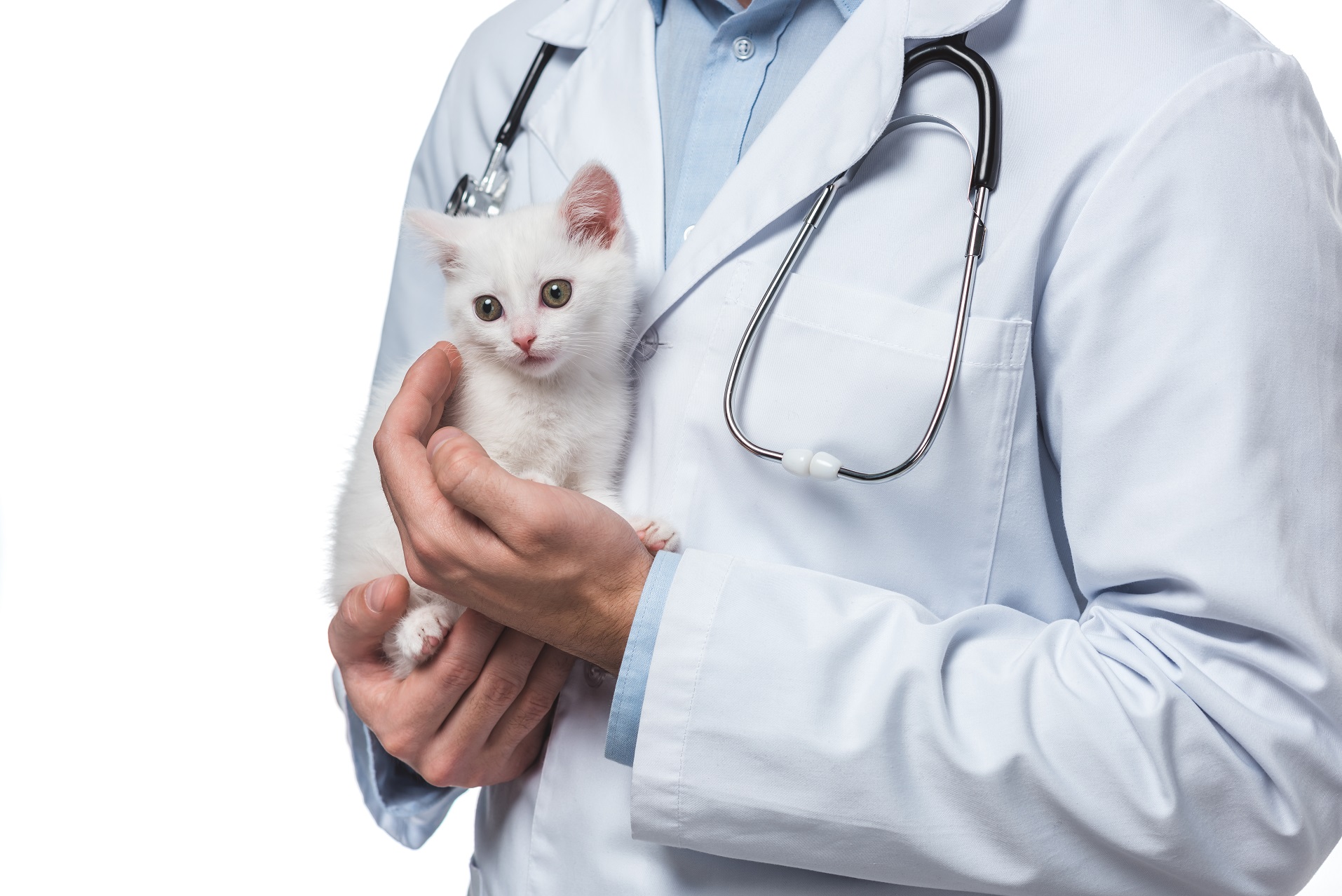Retailers Can Find Value in Partnership with Supplier, Veterinarian
Glenn Polyn //July 1, 2021//
In our May article on the topic of on-site veterinarians, we looked at how a pet retailer’s ability to work with their local vet can help shape a symbiotic relationship that helps all parties in the area. However, what we didn’t anticipate was to hear from so many of our partner vets in support of this topic. With how important a store’s relationship with their vets can be, it only seems fitting that we give a little more space to the discussion of how to foster such a relationship.
Dr. Nick Saint-Erne has long been one of our most trusted veterinary advisors, with over 37 years of industry experience and named a Distinguished Fellow of the World Aquatic Veterinary Medical Association. His work has ranged from zoos and aquariums, to the retail sphere, to exotic animal hospitals.
Dr. Saint-Erne’s first piece of advice to a retailer, however, cuts to the all-important bottom line: “A pet shop with a good relationship with a local veterinarian doesn’t really cost money it saves money”
Dr. Saint-Erne continues, noting that having a local, reliable vet ensures that the vet is keyed in on the unique stock and sales of the given store, and are better prepared to respond to common issues. In a store that carries a large number of reptiles, a dedicated vet might be more able to treat issues like calcium deficiency, while a store that focuses more on dogs might be able to garner a vet more suited to treating canine ailments like gastroenteritis or intestinal parasites. Doing so reduces pet losses and overall cost of care, as well as minimizing disappointed customers and ensuring repeat business. Further, those new customers know exactly which vet they can take their pet to, ensuring a consistency in medical records and constant care throughout their pet’s life.
How does one find a good veterinarian?
Dr. Saint-Erne provided us a few major criteria. He said, “A good veterinarian will listen to the client’s concerns and provide the best possible care for the pet within the client’s budget and abilities. Not everyone can afford to run all of the possible tests to make a diagnosis; a good veterinarian can provide appropriate care without having to run every test imaginable.”
Further, Dr. Saint-Erne encourages, a good veterinarian should be an advocate for preventative care programs, ranging from routine vaccinations and parasite treatments to proper quarantine procedures for new animals and ensuring that your store’s animals enjoy appropriate nutrition and environmental conditions. Care details provided by your veterinarian and by professional organizations (like PIJAC or AVMA) can keep your animals healthy and your customers happy. As Dr. Saint-Erne calls out, “prevention is cheaper than treatment.”
However, with the continued expansion of the pet industry and the increased diversity in pet types, the personal care and attention provided by both local pet stores and their affiliated veterinarians becomes all the more important.
“Pet stores today are much more sophisticated than in past decades,” Dr. Saint-Erne notes. “Fewer independent stores exist, and those typically thrive on providing more personal services and unique products that simply aren’t available online or through big box stores. Make each customer and their pet feel important, and you will become important to them.”
Because of the increased diversity in pet types, this may mean establishing relationships with multiple vets, based on their own specialties. If you can offer your customers the ability to confer with – even on a passive basis, through things like care sheets or recommendations – a veterinarian that’s is specialized in their chosen pet’s species, you provide a unique opportunity to keep that customer happy and their pet healthy for years to come.
That truly echoes much of what we’ve espoused throughout this series of articles: in an era of increasing competition and online presence, the things that set your store apart from your competitors is your ability to provide a unique, tailored experience that focuses on your customers’ needs and wants. There will always be a ‘cheaper’ option. However, if you can offer that customer care beyond the baseline, if you can offer a veterinary expertise beyond the local animal clinic, if you can offer education and care guidelines that save your customer time and effort, you’ve provided an experience that will keep that customer eager to return to your store.



















